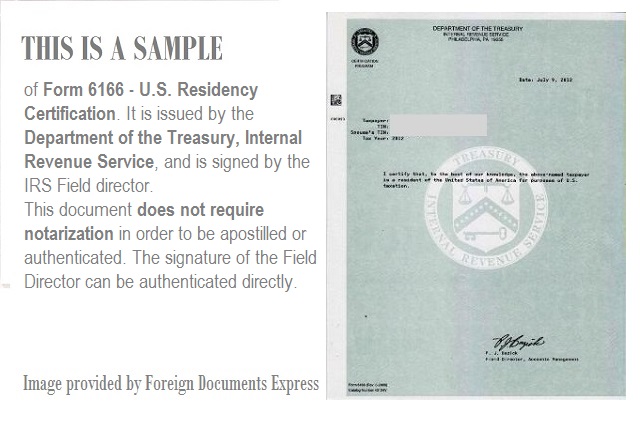

When the beneficiaries or heirs of the decedent’s estate are identified and the correct probate documents are submitted to the court, the judge will sign orders allowing property to be transferred. The differences between these two types of probate proceedings are outlined in sections 10 and 11 of this guide. Summary administration is a more simple process, while formal administration is required for certain estates that need the services of a personal representative or are too large for summary administration. There are two types of probate administration in Florida, formal administration and summary administration. Whether a decedent died with or without a will, the court’s priority is to ensure that the correct beneficiaries/heirs are identified to receive property. In legal terms, “ beneficiaries” are people named in a will, and “ heirs” are the next of kin who receive property in the absence of a will. The probate judge can only transfer property according to the will afterthe estate is opened in court. When someone dies with a will, a probate judge must “admit the will” to probate by finding that the will is valid, as described in section 5 of this guide. Probate is needed even when a decedent has a valid will. If a person did not have a will, their estate will be divided among their next of kin (the intestate heirs) as described in section 6 of this guide. If a decedent had a valid will, that document directs who will be in charge of the probate process and who will receive the decedent’s assets upon their death. In probate, the person who died is referred to as the “ decedent.” Anything that the decedent owned when they died is collectively referred to as the “ estate.” An estate can contain bank accounts, real estate, vehicles, guns, tools, jewelry, or any other item owned at the time of death. When someone dies in Florida the things they own go to their family or, if they have a will, to the beneficiaries named in that document. Probate, also called “estate administration,” is a court process that transfers assets owned by a deceased person to living people. Florida Probate for Florida Wrongful Death Cases.Inheritances and Government Benefit Eligibility for Disabled Individuals.What Happens to a Child’s Inheritance in Florida?.


What Property and Assets go Through Probate in Florida?.Table of Contents – The Complete Guide to Florida Probate To get answers to specific questions about your Florida probate case, click here, or call (352) 354-2654. This guide explains the entire probate process in Florida including: (1) which assets are required to go through probate, (2) who is entitled to receive those assets, and (3) what steps are required to transfer those assets. The 2023 Florida Probate Rules, documented here, determine who may receive inheritances in Florida. “Probate” is the legal process required to transfer property from a deceased person to the living people who are legally entitled to receive it. If you have lost a loved one, this Complete Guide to Florida Probate will help you understand the steps required to receive your inheritance.


 0 kommentar(er)
0 kommentar(er)
